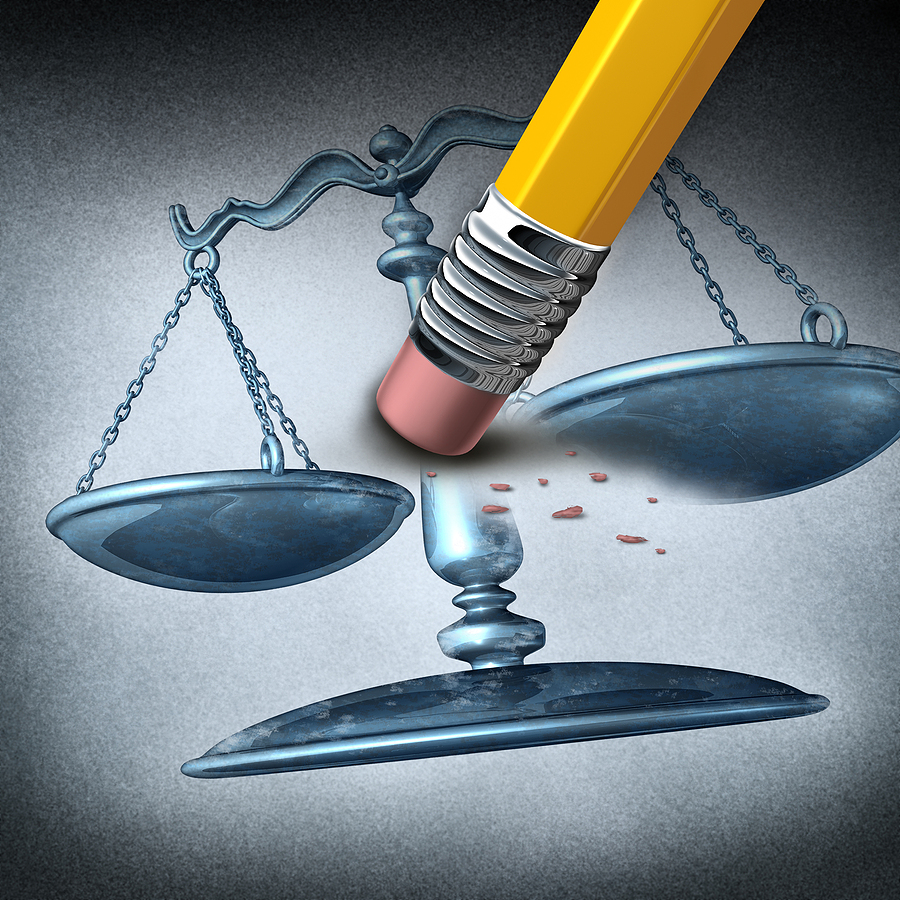Shih Wei Su - Perjury / False Confession / Prosecutor Misconduct
Su, Shih Wei; attempted murder; NRE: perjury/false accusation, prosecutor misconduct, withheld exculpatory evidence, misconduct that is not withholding evidence, knowingly permitting perjury, prosecutor lied in court
Suggestibility issues
[624:904]; 2nd Dept. 3/13/95; affirmed
"[W]e are satisified that the verdict of guilt was not against the weight of the evidence..."
R18 [559] "Shih Wei Su was eighteen years old when he was convicted of attempted murder at trial in Queens in 1992. The underlying incident involved the shooting of two victims at a pool hall in what the prosecution contended was a youth gang-related incident. The principal prosecution witness was Jeffrey Tom, a member of the Green Dragons, which was a rival of the gang with which Su was allegedly affiliated, the White Tigers. Neither Tom nor the two victims who were with him at the time of the shooting implicated Su in their initial statements to police, but they all changed their story at about the same time and implicated him one way or another. Tom was the most damaging witness, claiming that he knew Su and heard him give an order to shoot. Although Tom had his own robbery-by-extortion case, he denied, under questioning by the prosecutor, that the lenient plea bargain he had received (a youthful offender adjudication and sentence of probation) had resulted from any deal with the [DA's] Office. The prosecut[or] in her summation argued that Tom's testimony was truthful. Su was convicted and received the maximum sentence of sixteen and two-thirds to fifty years in prison.
"Su repeatedly challenged his conviction, both on direct appeal and collateral attack, claiming that Tom must have received some sort of promise or benefit for his testimony. However, the [DA] argued successfully that either Su or his attorneys were remiss for not making Tom's sealed plea and sentencing minutes part of the record. In 1999, over the [DA's] objection, a judge finally ordered Tom's plea and sentencing minutes unsealed, reasoning that the [DA] 'has no legitimate interest in shielding possible perjury.' The minutes proved that a prosecutor had made an explicit, on-the-record deal with Tom to grant him leniency in exchange for his trial testimony against Su. Tom's flat denials, elicited by a different prosecutor at Su's trial, [560] had been false. But the New York courts still would not grant Su any relief, accepting the [DA's] additional procedural argument that Su's Brady violation should not be considered on the merits.
"Finally, on July 11, 2003, the Second Circuit granted Su's federal habeas corpus petition and directed that he be retried within sixty days or released. The court excoriated the prosecutor [Linda Rosero] for 'knowingly elicit[ing] false testimony' from a witness whose credibility was 'central to the deliberations of any reasonable jury,' for failing to correct such false testimony, and for 'bolster[ing]' Tom's lies during her closing argument. In vacating the conviction, it reasoned that a conviction obtained through 'testimony the prosecutor knows to be false is repugnant to the Constitution.' As the Bronx [DA] had done in the Poventud case, the Queens [DA] tried to get Su to accept a 'time-served' plea bargain,* but Su refused. After postponing the trial on several occasions, [DA] Richard Brown's office, on November 5, 2003, moved to dismiss all charges."
[* This offering of 'time-served' to a(n often innocent) defendant who has just had a conviction overturned -- meaning that he would then be released immediately (but with the conviction still on his record, and virtually no chance of ever being financially compensated) -- is a common face-saving prosecution ploy. Often, as was the case here, it is only several months later that the prosecution finally drops all charges.]
from NRE synopsis (by Maurice Possley):
"In June, 2001, Su filed a petition for a writ of habeas corpus. The U.S. District Court [Allyne Ross] denied the petition, finding that the evidence of the deal had been hidden, but that Su was not prejudiced by its suppression.
"In July 2003, the...Second Circuit granted Su's petition...because evidence of the deal had been withheld from Su's defense lawyer and because prosecutors knowingly allowed Tom to lie about the deal."
"In October 2008, the city of New York settled the wrongful conviction lawsuit brought by Su for $3.5 million."
[All emphases added unless otherwise noted.]
